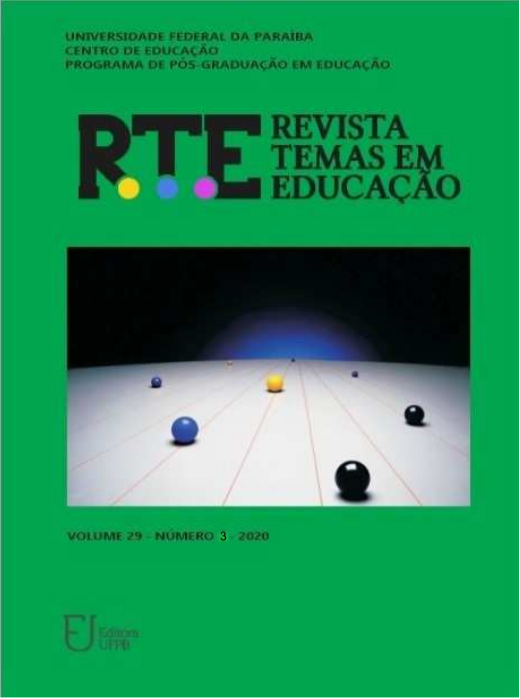PRESENTATION OF THE DOSSIER: CONSERVATIVE RESTORATIONS IN THE EDUCATIONAL FIELD IN LATIN AMERICA
PRESENTATION OF THE DOSSIER: CONSERVATIVE RESTORATIONS IN THE EDUCATIONAL FIELD IN LATIN AMERICA
DOI:
https://doi.org/10.22478/ufpb.2359-7003.2020v29n3.56419Keywords:
Conservative representations, Latin AmericaAbstract
The proposal of this dossier, with such a provocative theme, is the result of debates held in different academic and political spaces, involving colleagues from different institutions and countries. The conservative wave that intensified at the end of this decade, identified by several events in different parts of the world, in particular with the election of Donald Trump in the United States in 2016, has been widely discussed and studied by researchers from different fields of knowledge in different national contexts. The repercussions or features of the referred conservative or neoconservative wave, as some describe it, in Latin America have been a frequent object in academic and political debates in the region. In particular, within the scope of the Latin American Network of Studies on Teaching Work (Rede Estrado) which, in its more than 20 years, promotes channels of discussion and interaction between researchers from different institutions and countries in the region.
Downloads
References
Downloads
Published
How to Cite
Issue
Section
License
Authors who publish in this journal agree to the following terms:
. Authors retain the copyright and grant the journal the right to first publication, with the work simultaneously licensed under the Licença Creative Commons Attribution that allows the sharing of the work with acknowledgment of authorship and initial publication in this magazine. . Authors are authorized to assume additional contracts separately, for non-exclusive distribution of the version of the work published in this journal (eg, publishing in institutional repository or as a book chapter), with acknowledgment of authorship and initial publication in this journal.
. Authors are permitted and encouraged to publish and distribute their work online (eg in institutional repositories or on their personal page) at any point before or during the editorial process, as this can generate productive changes, as well as increase impact and citation of the published work (See O Efeito do Acesso Livre).



















